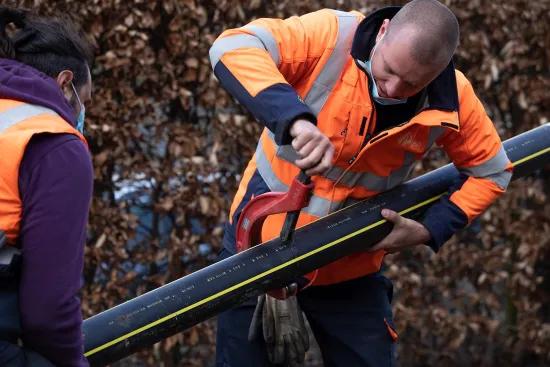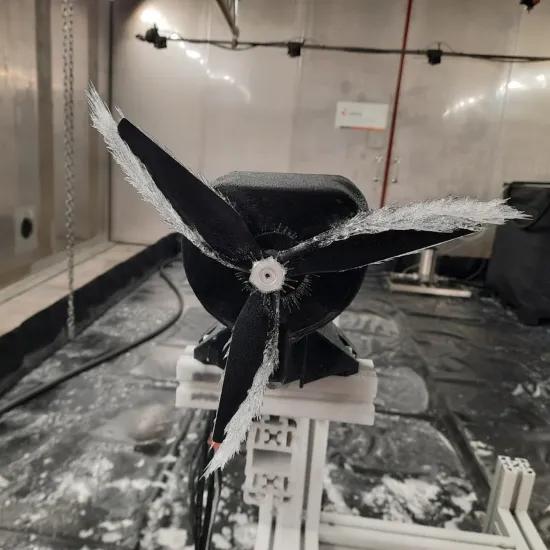RESA wanted to improve the quality of welded plastic gas-distribution pipelines. A series of thorough tests meant the organisation was able to achieve the desired improvements.
RESA – with activities in 73 municipalities, over 14,000 km of electricity cables and more than 4,000 in gas pipelines – is the leading distribution network manager in Liège Province in Belgium. This energy provider's mission is to have energy at everyone's disposal every day, private individuals and professionals alike. This is why RESA is committed to delivering quality, providing services and creating reliable and efficient solutions for continually enhancing energy distribution. RESA is furthermore developing a strategy to accelerate the energy and ecological transitions to benefit society, and through specific activities has resolved to strive ahead for the tomorrow's climatological, social and economic aspirations.
Testing welded plastic structures
In order to achieve its enhanced-quality targets, RESA is constantly improving its infrastructure. It thus uses high-density polythene (HDPE or PE-HD) for its gas-distribution network pipelines, and wished to take on the major challenge of improving the quality of pipelines welding. This is because plastic polythene is frequently and readily used due to its range of qualities: thermoplastics are strong, wear-resistant, relatively inexpensive, heat-resistant, extremely durable and easy to recycle. HDPE is therefore often used for gas, drinking water and sewerage pipelines. However, the welds between the pipes can form a weak link.
A high-quality connection is essential, and so RESA assumed the challenge together with Sirris: in its testlabs in Seraing Sirris saw to testing the material used to weld high-density polythene, and conducted destructive tests on the HDPE assemblies (according to the four standards ISO 13953 : 2001, ISO 13954 : 1997, ISO 13955 : 1997 and ISO 13956 : 2010). Sirris is ISO 9001 certified and the test lab is accredited by BELAC, the Belgian accreditation organisation, under the certificate n° 232-TEST (EN ISO/IEC 17025:2017).
The activities undertaken by Sirris meant that RESA succeeded in achieving a considerable improvement in the structural quality of its high-density polythene gas infrastructure.
|






